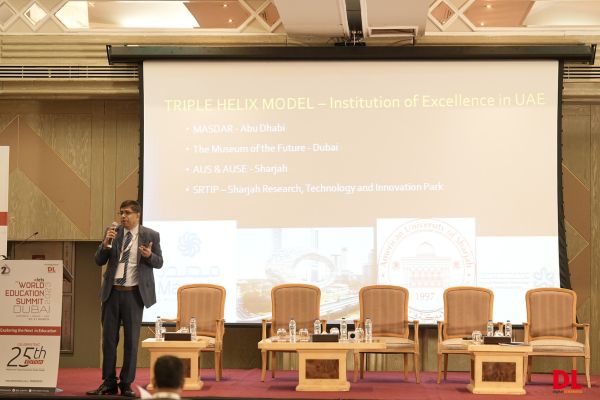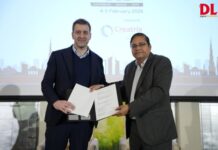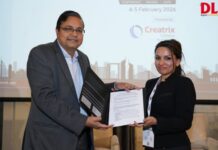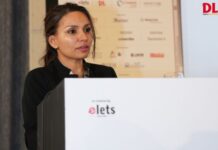
“Peter Drucker, one of the greatest management thinkers, emphasized the importance of constantly challenging and increasing one’s knowledge. The new trend in learning is hybrid learning, which involves a blend of virtual and physical classrooms. However, we need to move beyond this and embrace the concept of learning from everywhere, which is a more immersive and experiential form of learning. Industry experts need to collaborate with universities and higher education institutions to provide practical knowledge to students through blended learning that combines remote learning with on-the-job training”, shared Tamil Selvan Ramadoss, CFO, Masa Trading Fze.
“UNESCO emphasizes the importance of creating a future global citizen and identifies seven competencies required for this, including lifelong learning, self-agency, interactive use of diverse tools and resources, interaction with others, and multiliterate ness. The last competency involves learning about various subjects and not just specific knowledge areas, such as STEM or social studies. The burden of creating a global citizen cannot be solely placed on academia or schools. Instead, it requires an integrated approach that involves both the industry and academia” he further said.
He added, “Today, software engineers may not be able to produce exceptional work unless they have knowledge of biology and can apply it to biotechnology. Similarly, individuals in industries such as Agri-tech must have a multidisciplinary understanding of academia to be successful. This is where the UNESCO model comes in, which aims to create global citizens through education reform.”
He also mentioned four key aspects of creating a successful educational ecosystem. The aspects are mentioned below:
- The curriculum being taught should be updated and relevant to industry needs.
- Pedagogy and teaching methods, which should be continually improved upon.
- The integration of technology and real-world applications into education.
- The importance of the target audience, not only the students themselves, but also the future workers, entrepreneurs, and business leaders who will benefit from a well-rounded education.
If these four aspects are not taken into account, creating a successful educational ecosystem will be challenging, he concluded.























